Nicholas Gage, 84, and Nicholas Basbanes, 81, filed a lawsuit against OpenAI and Microsoft. They allege these companies used their copyrighted work without permission to train AI chatbots.
The lawsuit joins a broader case seeking class-action status, including authors like John Grisham and George R. R. Martin. This case represents a growing trend, with AI-related lawsuits increasing by 300% in 2023 compared to 2022.
Lifetime of Work at Stake
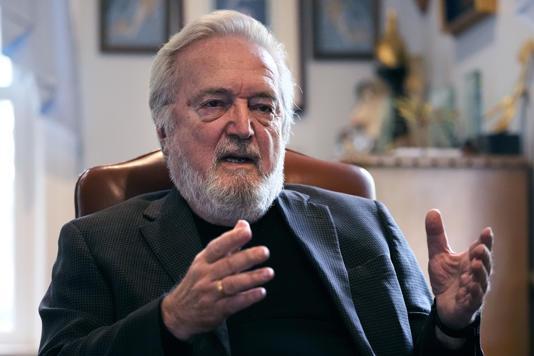
Gage and Basbanes devoted decades to journalism and book authorship. Gage’s memoir became a bestseller and inspired a film. Basbanes wrote extensively about literary culture.
Their combined works span over 100 years of writing experience. The average professional writer spends 4-8 hours per day writing, totaling thousands of hours over a career.
AI’s Impact on Creative Industries
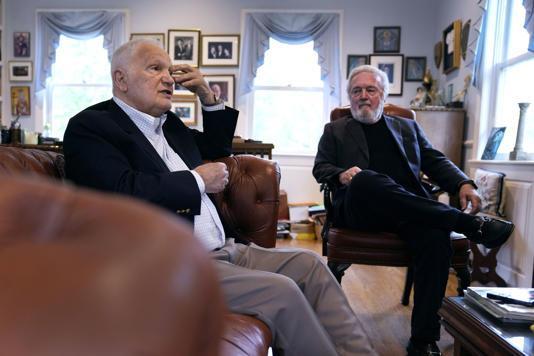
The lawsuit highlights concerns about AI’s use of copyrighted material. Writers fear AI could reproduce their work without compensation.
The global AI market in media and entertainment is expected to reach $99.48 billion by 2030. This rapid growth has sparked debates about intellectual property rights in the digital age.
Fair Use Doctrine Debate
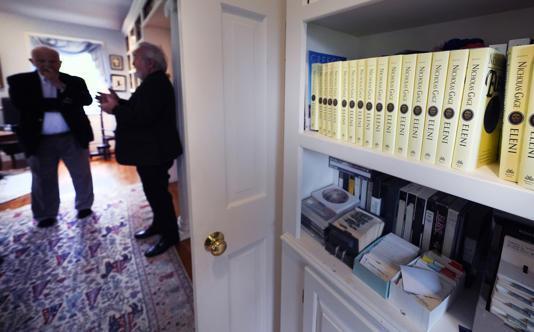
AI companies argue that training on publicly available content falls under fair use. This interpretation of copyright law remains contentious.
The fair use doctrine, codified in 1976, has been applied to various technologies over the years. Courts will need to determine if AI training aligns with the four factors of fair use analysis.
Journalists’ Unique Value Proposition
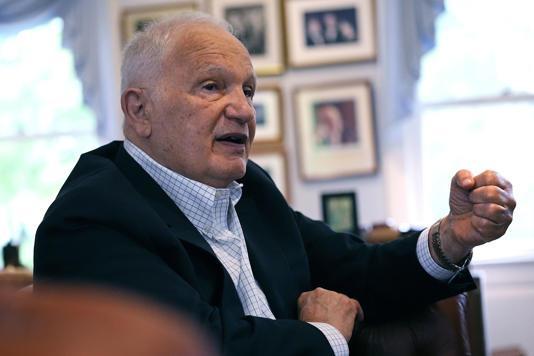
Editors emphasize the irreplaceable nature of human journalism. They argue AI cannot replicate on-the-ground reporting and synthesis of information.
The number of newspaper newsroom employees in the U.S. fell 57% between 2008 and 2020. This decline underscores the challenges facing traditional journalism in the digital era.
Legal Battles in Tech Era
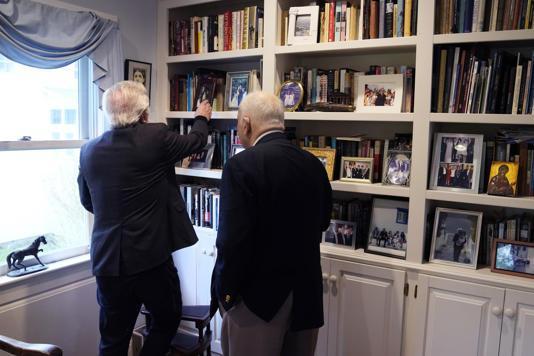
The case is scheduled to continue into 2025. It represents one of many legal challenges facing AI companies.
Similar lawsuits have been filed by visual artists and music labels. In 2023, over 200 AI-related patent lawsuits were filed in the U.S., a 400% increase from 2018.
Personal Stories Behind the Lawsuit

Gage’s work stems from his tragic family history in Greece. Basbanes transitioned from daily reporting to writing about literary culture.
Both men have spent decades honing their craft. Their combined published works exceed 20 books, representing thousands of hours of research and writing.
Economic Realities of Writing
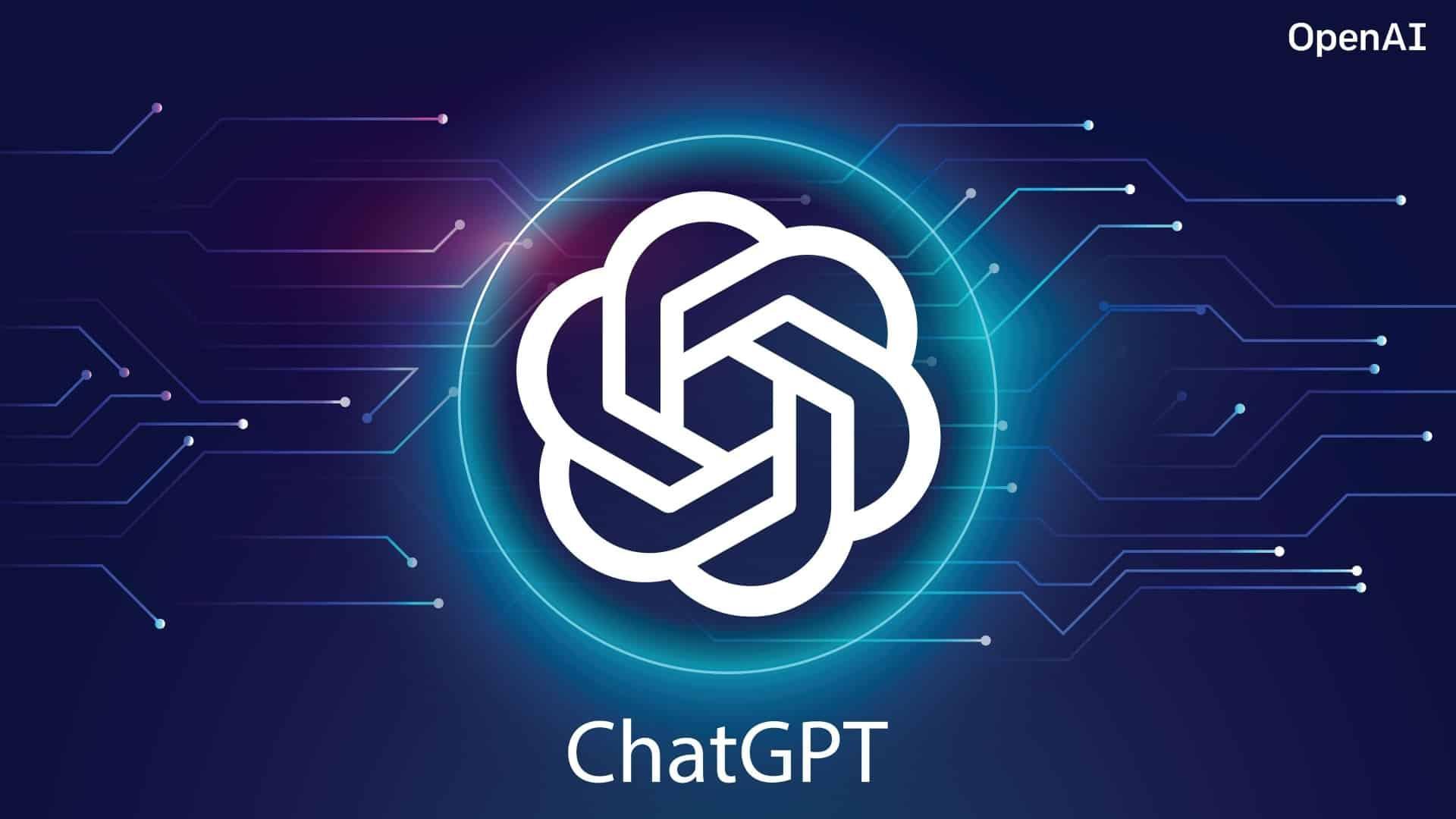
The authors emphasize the financial aspects of their profession. They argue for fair compensation for intellectual property.
The median annual wage for writers and authors was $69,510 in 2020. However, many writers earn significantly less, with 20% making under $35,000 annually.
Risks and Efforts in Journalism

Gage details the personal and financial risks of investigative journalism. He spent $160,000 and years researching his mother’s story.
Investigative journalists often spend months or years on a single story. A 2018 survey found that 73% of investigative journalists felt their job had become more dangerous in the previous 5 years.
Concerns for Future of Writing

The plaintiffs worry about the long-term impact on the writing profession. They fear publications may close and talent may be deterred.
Print newspaper circulation has declined by 48% since 2000. The number of journalism job postings decreased by 14% between 2019 and 2020.

